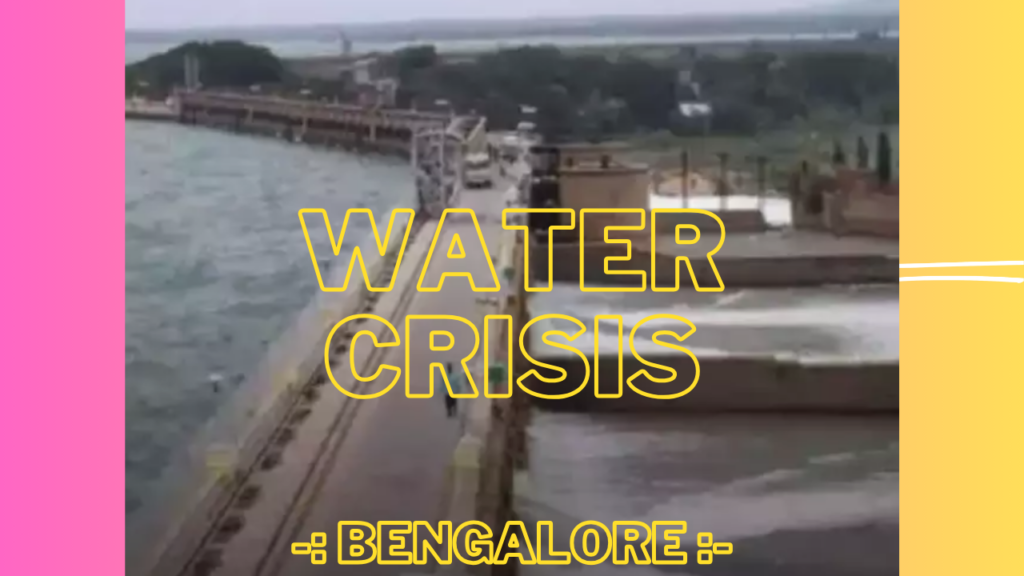An online petition demands an unbroken supply of water, and more Residents’ Welfare Associations publish cautions about water restriction as private water tankers refuse to deliver because of government crackdown.
The fundamental cause of the significant water issue the IT hub is experiencing is a severe drought. The Cauvery River’s water levels have decreased as a result of insufficient rain. This scarcity affects irrigation in addition to drinking water. In addition, the lack of rain in recent months is causing Bengaluru’s borewells to dry up.
ALSO READ:-Bengaluru Phoenix Mall Of Asia Closed Amid Protests Over Kannada Language Rule
The tech hub’s drinking water supplier, the Bengaluru Water Supply and Sewerage Board (BWSSB), notes that although the issue is under control in the city’s center, it is quite problematic outside of it.
The industrial zones in and around Bengaluru are currently facing a serious water deficit, after gated residential developments.
On March 5, Bengaluru saw its warmest day of 2024, with a high temperature of 36°C. The Meteorological Department predicts a hard summer.
The Peenya industrial district in Bengaluru is one of the industrial regions most severely impacted by the water problem. Water shortages are having an impact on industry and productivity, according to U Sathyanarayana, honorary secretary of the Peenya industry Association, who spoke with Moneycontrol. Water is very important to the clothing industry and is also needed by makers of CNC machine parts and electroplating.”
According to him, the cost of manufacturing has increased due to the drying up of borewells in industrial regions and the increased expense of private water tankers. “We are requesting BWSSB to supply treated water to industrial units given the water crisis.”
Principal secretary for commerce and industry S Selvakumar stated to Moneycontrol, “industry also suffer when there is a citywide drinking water issue. To ensure that production is unaffected, however, we are currently attempting to obtain water from neighboring borewells and private tankers.”
What steps is the government taking to make things better?
The Karnataka Milk Federation (KMF) milk tankers will be used by the state government to transport water to Bengaluru in order to address the water scarcity. In addition, they will seize control of the city’s surrounding private borewells. This was discussed by Deputy Chief Minister DK Shivakumar in a meeting with the police, BWSSB, and BBMP, among other authorities. Water tanker owners have until Thursday to register their vehicles with the government, after which the government would assume control of every tanker in the city.
ALSO READ:-In WPL 2024, Smriti Mandhana leads RCB to a 23-run triumph over UP Warriorz.
Phase 5 of the Cauvery project
CM Siddaramaiah declared during the 2024–2025 budget address that the BWSSB will begin Phase-5 of the Cauvery project, at an estimated cost of Rs 5,550 crore, with the goal of providing 110 liters of drinking water per day to 12 lakh people. It is anticipated that this project will be finished by May 2024. Reports state that when the Cauvery V Stage development is completed, the water scarcity problem in the 110 villages added to the BBMP in 2008 would be resolved.
Subterranean drainage work is another aspect of the Phase-5 project that is planned to be completed by December 2024. In order to do this, 228 km of drainage network must be installed, and 13 sewage treatment facilities with a 100 MLD wastewater treatment capacity must be built. * Megaliters per day, or *MLD

